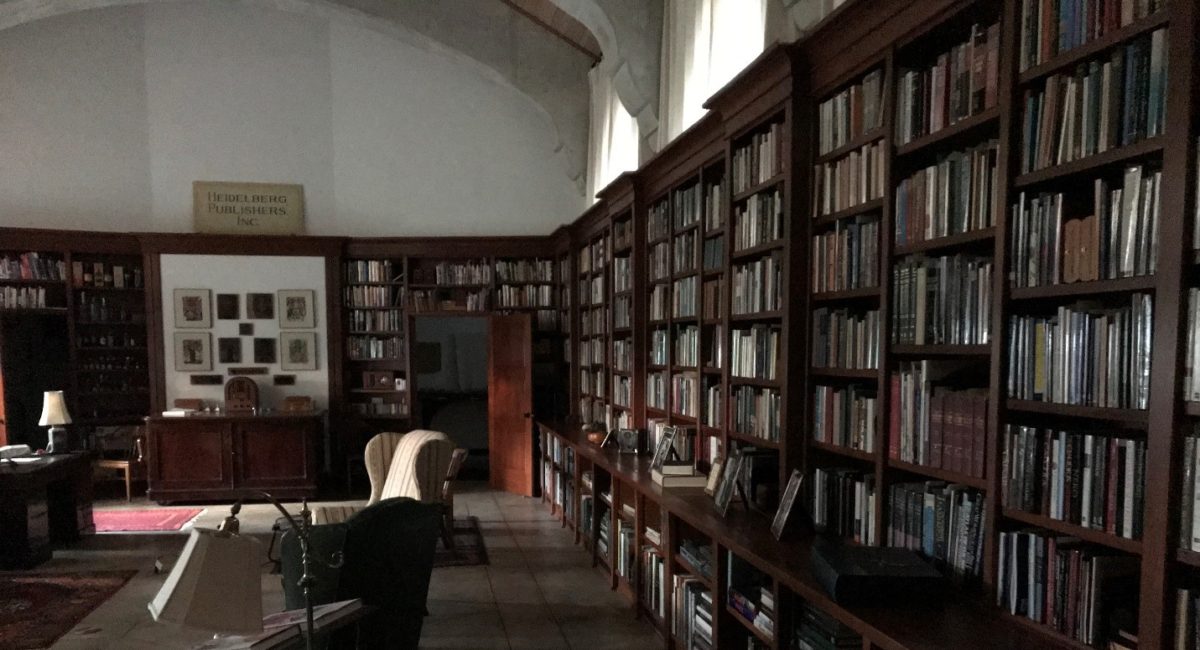Professor Tim Wu who teaches law at Columbia university wrote in the New York Times on March 5, 2019, that “Ignoring what most of the country wants — as much as demagogy and political divisiveness — is what is making the public so angry.” Below are some excerpts from his article, The Oppression of the Supermajority.
“About 75 percent of Americans favor higher taxes for the ultrawealthy. The idea of a federal law that would guarantee paid maternity leave attracts 67 percent support. Eighty-three percent favor strong net neutrality rules for broadband, and more than 60 percent want stronger privacy laws. Seventy-one percent think we should be able to buy drugs imported from Canada, and 92 percent want Medicare to negotiate for lower drug prices. The list goes on.”
“In our era, it is primarily Congress that prevents popular laws from being passed or getting serious consideration. (Holding an occasional hearing does not count as “doing something.”) Entire categories of public policy options are effectively off-limits because of the combined influence of industry groups and donor interests.”
“It is not a concession to populism, but rather a respect for democracy, to suggest that two-thirds of the population should usually get what they ask for.”

